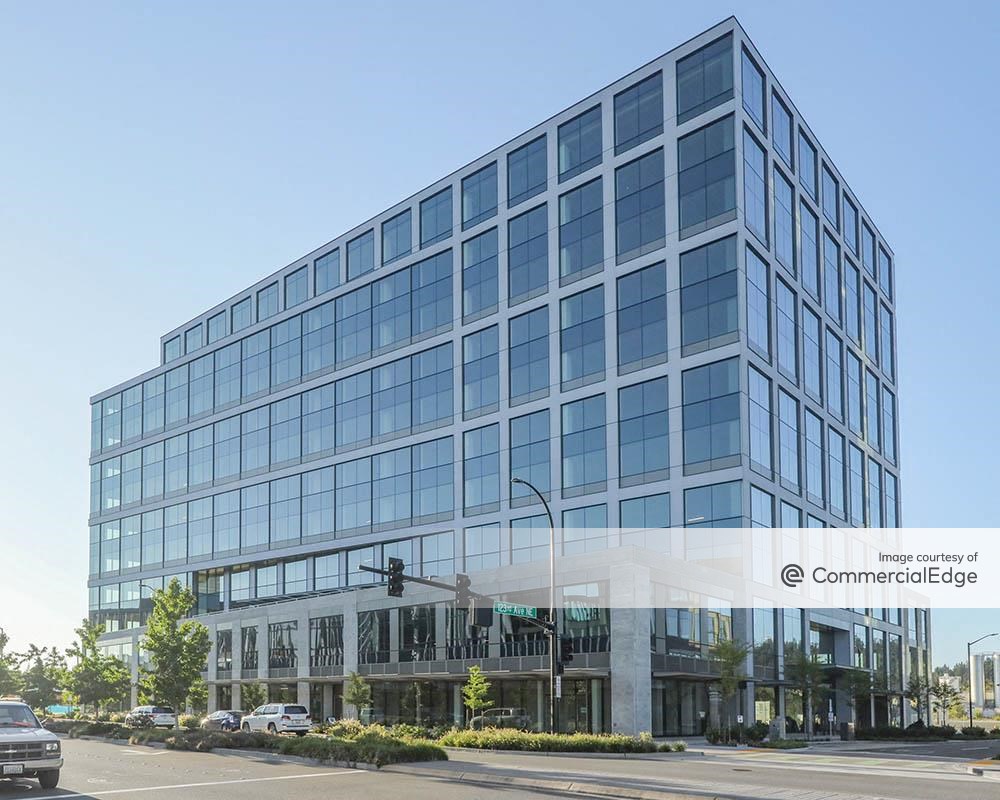Inflation Raises the Stakes for Office Landlords
Business consultant Lauren Leach offers tips for how office landlords can cope with soaring costs.
Inflation in the U.S. is at a 40-year-high. The Consumer Price Index, the most commonly used measure, rose to 8.2 percent in September. This is a significant problem for landlords of commercial property, who will be hit particularly hard as they try to address rising expenses.
For commercial real estate property, landlords must aggressively manage operating expenses. These costs fall under two main categories. Uncontrollable expenses are those not regulated by property owners—such as taxes, insurance, utilities, and snow removal. Controllable expenses are those more easily shaped by property owners—such as payroll, administrative fees, landscaping, or repairs and maintenance. Essentially, controllable operating expenses include all operating expenses except for taxes, insurance, utilities, and snow removal. Landlords need to consider the inflation-related impacts of these expenses and proactively implement solutions to ensure office portfolios do not experience a reduction in net operating income.
Office Space Obstacles
For office landlords, the financial pain associated with inflation and the potential for significant losses will likely be exacerbated with office leases. Office leases are oftentimes structured as gross leases, where tenants pay a gross (all-inclusive) rent to their landlords, regardless of the actual operating expense amounts. As such, in an inflationary market like the current environment, office landlords do not have the opportunity to recover additional reimbursement from tenants, unlike a triple net retail lease, which require tenants to pay their pro-rata share of common area maintenance expenses.
Inflationary pressures have arrived during an especially uncertain time in the office market. Many companies are simply not utilizing their office space as they did before COVID-19—not too dissimilar from the retail sector, in which tenants are shrinking their footprints or repurposing their spaces to use them more effectively. Correspondingly, retail bankruptcies are at their lowest point in five years.
With many employees working from home, vacant office space and sublease space have flooded the market. However, finding companies to sublease space is a tricky endeavor at the moment. Most companies do not want to commit to sublease space before getting a sense of how the work-from-home scenario will play out over the long term. Furthermore, any business that signs a sublease is bound to the length of the existing lease term, which is prohibitive in many instances. A lot of post-pandemic fallout is expected in the office space over time as leases expire and landlords have higher vacancy rates. Because leases are naturally staggered, this will be a slow bleed. In combination with inflation-induced increases in expenses, landlords are in for a bumpy ride.
Leveling Up Through Lease Terms
There are potential solutions for landlords to consider to better guard their financial interests against inflation without alienating tenants. Landlords can become more vigilant by pushing for leases that allow for one of two options:
- More adequately adjusting for inflation by placing caps on controllable expenses that are tied to CPI, based on the average CPI for the calendar year, rather than an increase of 3 percent to 5 percent
- Enacting a provision to consider the greater of designated percentage or CPI when increasing tenants’ reimbursements for controllable expenses.
Either of these solutions presents ways to address inflation while remaining fair to both parties. The changes can be implemented proactively by applying these terms to new leases or renegotiating when existing leases come up for renewal.
Another prudent action is for landlords to competitively rebid services for controllable expenses annually. All landlords should make this a regular activity to ensure they receive the most competitive pricing.
The Landlord’s Path to Success
While the entire economy is experiencing unprecedented increases in costs, it is up to the landlord to take sensible action to control and limit the potential for slippage. Rebidding services and negotiating controllable caps tied to CPI, rather than a fixed percentage, should be at the top of the priority list.
Lauren Leach is a managing director at national business advisory firm, Riveron.








You must be logged in to post a comment.